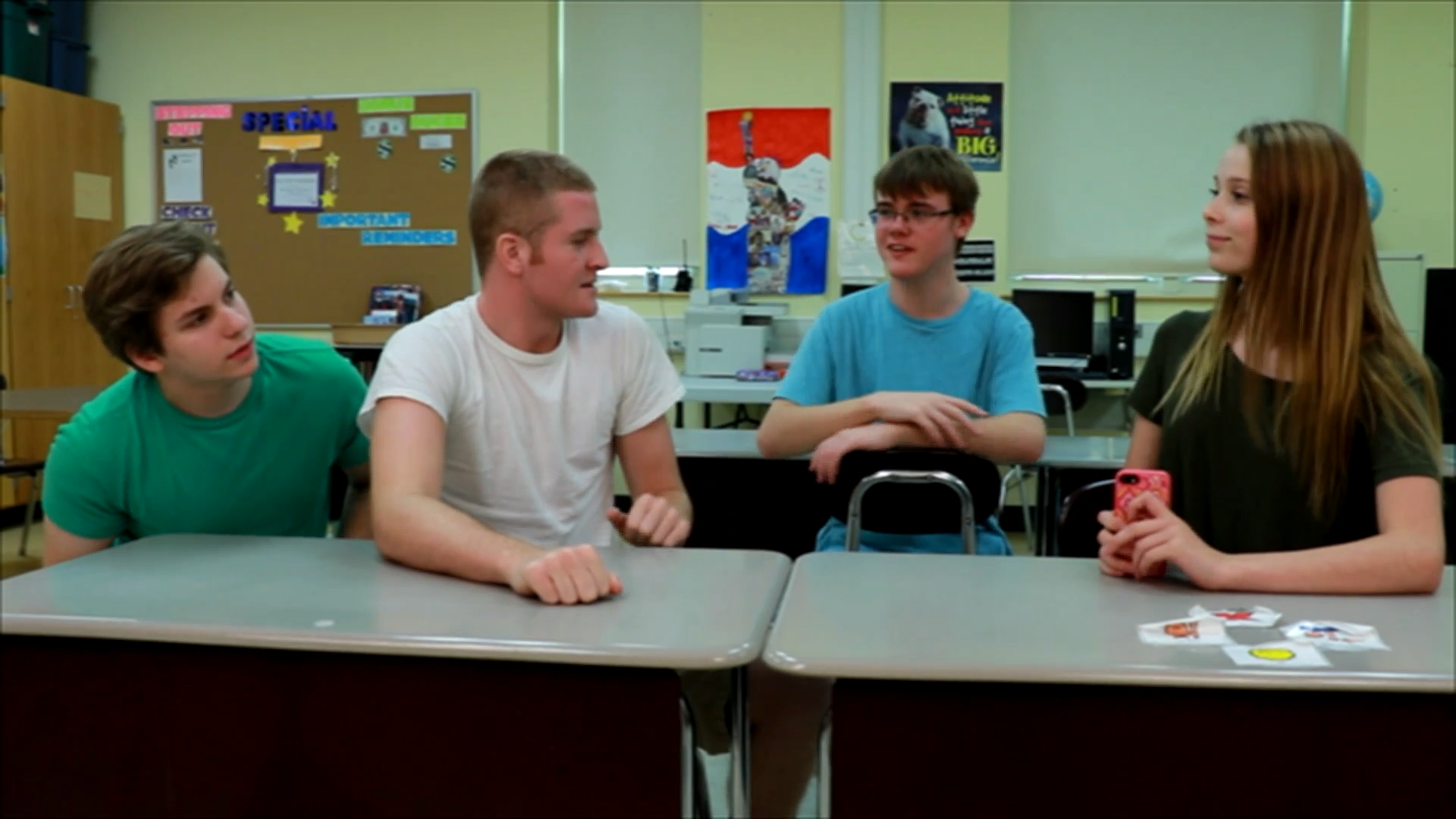
Introduction
Being left out is a common experience that affects everyone at some point in their lives, especially during high school. It can be hurtful and lead to negative thoughts and feelings. In this blog post, we will discuss strategies for helping high school students handle being left out using principles of Social-Emotional Learning. We will also provide a no-prep activity, discussion questions, and related skills to support their growth and well-being.
No-Prep Activity: The Compliment Circle
This activity requires no preparation or materials from the educator and helps students build positive self-esteem. Have students sit in a circle and take turns giving compliments to the person on their right. Encourage them to be specific and genuine in their compliments. This will help students focus on their strengths and positive qualities, which can be especially helpful when they are feeling left out.
Discussion Questions
- Why is it important to have positive self-esteem when we are feeling left out?
- What are some ways to practice positive self-talk when feeling excluded?
- How can finding alternative activities or friends help when we are left out?
- What can educators do to create a more inclusive environment for all students?
- How can students support each other when they notice someone is being left out?
Related Skills
There are several other skills that can help high school students handle being left out and enhance their overall social-emotional development:
- Empathy: Understanding and sharing the feelings of others can help students be more aware of the impact of their actions and promote inclusiveness.
- Conflict resolution: Learning to address and resolve conflicts in a healthy way can prevent situations where students feel left out.
- Communication: Effective communication skills can help students express their feelings and needs when they feel excluded, which can lead to more inclusive interactions.
- Assertiveness: Being assertive allows students to stand up for themselves and communicate their needs without being aggressive or passive.
Next Steps
Helping high school students handle being left out is an essential part of their social-emotional development. By incorporating these strategies and skills into your teaching, you can create a supportive and inclusive environment for all students. To explore more resources and activities for promoting social-emotional learning, sign up for free samples at Everyday Speech.

